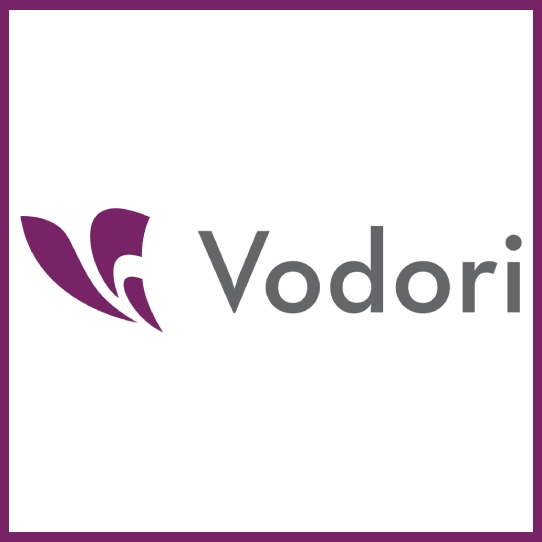Revolutionizing Pharmaceutical Ethics: UK’s ABPI Code of Practice Ushers in a New Era of Self-Regulation
In a dynamic era where the intersection of healthcare, regulation, and technology demands constant vigilance, the UK’s ABPI Code of Practice stands as a testament to the pharmaceutical industry’s commitment to self-regulation. Amidst a backdrop of historical challenges and technological advancements, this code serves as the rulebook guiding the ethical conduct of pharma companies within the UK. With the pharmaceutical landscape evolving at an unprecedented pace, the impending updates to the ABPI Code for 2024 have sparked a vital discussion on the balance between innovation, compliance, and patient safety.
What modifications can stakeholders expect in the 2024 iteration of the ABPI Code of Practice? How will these changes influence the operational and ethical frameworks of pharma companies in the UK?
Welcome to “Amend & Progress,” a podcast brought to you by Vodori, dedicated to exploring the intricacies of promotional material review processes. Today, our host, Annalise Ludtke, delves into the anticipated updates to the UK’s ABPI Code of Practice alongside two distinguished guests: Dr. Joe DiCapite, Director of Strategy for the UK and Europe at Vidori, and Rina Newton, co-founder of Code Clarity and a leading expert in code compliance.
In this enlightening conversation, they explore:
- The essence and importance of the ABPI Code of Practice and its role in self-regulation.
- The anticipated changes in the 2024 update, including the streamlining of the signatory process and the introduction of validation requirements for signatories.
- The innovative use of QR codes in promotional materials to enhance access to prescribing information.
Dr. Joe DiCapite brings a wealth of experience in strategic planning and regulatory compliance, having extensively worked on navigating the complexities of the ABPI Code. Rina Newton, renowned for her expertise in code compliance, has played a pivotal role in shaping the dialogue around ethical practices within the pharmaceutical industry in the UK.




